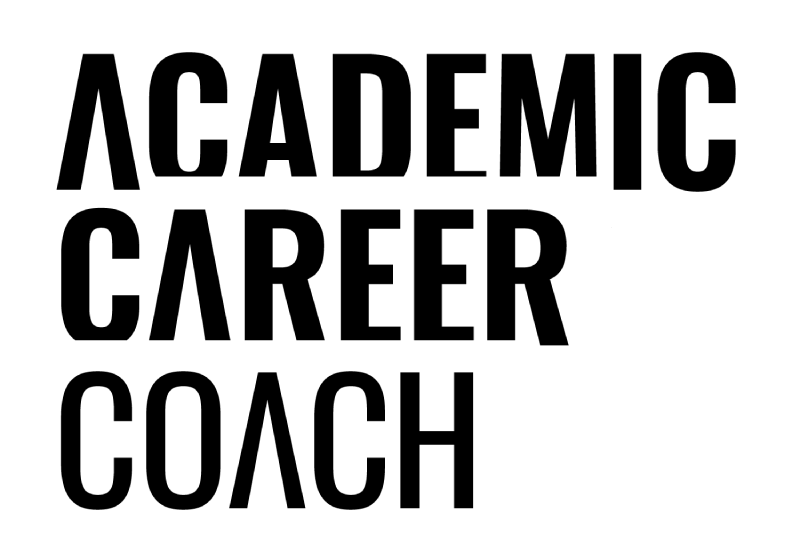Professor Inger Mewburn (@Thesiswhisperer) is trying to reach 1000 participants for her team’s study on academic work habits. This study will help us better understand the experience of all academics and how to make our workplaces better. Here’s the link to participate: https://anu.au1.qualtrics.com/jfe/form/SV_eEeXg1L3RZJJWce
I am happy to share this post of Professor Inger Mewburn, please take about 20 minutes to fill in the survey and contribute to her research.
By now regular readers will know I’m obsessed with how academics work. Maybe it’s because I’m constantly trying to figure out how to work better myself (aren’t we all?). Or perhaps it’s because I’ve spent years watching brilliant people struggle with the demands of academic life.
Whatever the reason, I’m thrilled to announce that my obsession has finally materialized into a full-fledged research project and I’d love to have you be part of it.
If you want to skip the rest of my pitch – here’s the link to the survey. It should take you around 20 minutes.
“But Inger,” I hear you say, “haven’t people studied academic work before?”
Well, yes and no. Sure, there’s research out there, but (ironically) not a whole heck of a lot. I certainly can’t find a large scale survey of academic work. And I want this one to be BIG. I’ve set a stretch goal of 5000 respondents – hence reaching out to you.
In this study we will be looking at productivity through a new lens. What does ‘being productive’ actually mean to different academics? Is it all about outputs, or is there more to the story? We’re also exploring challenges: from email overload to administrative tasks and distraction, we want to understand what really makes academic life difficult – and joyful.
We’re also investigating the power of connection. Does feeling valued and part of a community make a difference to how we experience work? And does the experience vary if you are neurodivergent, a carer, living with disabilities, or experiencing more financial struggle.
And, of course, because it’s 2024, we’re including some questions about AI.
How you can help
1. Take our survey: It’s open to all academics – and PhD students as we consider a research degree to be work. It’ll take about 20 minutes of your time. Just click this link.
2. Spread the word: Please share this post with your academic networks. The more diverse our participants, the richer our insights will be. Your part in this piece is so important – with the enshittification of social media, although I still have a lot of followers, my reach is not what it used to be. There’s evidence that word spreads much, much further if you share in group chats and forums. So please post anywhere you know your academic colleagues are hanging out!
3. Consider a follow-up interview: At the end of the survey, you’ll have the option to volunteer for a more in-depth chat.
Your experiences, whatever they may be, are valuable. Whether you’re a seasoned professor or a new PhD student, whether you identify as neurodivergent or not, whether you love academic life or find it challenging – we want to hear from you.
This isn’t just another survey that’ll gather dust on a shelf. You know me – I’m always aiming to shake things up, to challenge the status quo, and to make academia a better place for all of us. You can rest assured the results will find their way to action – somehow!
Thanks in advance for your support,
Inger
July 2024
PS: If you’re interested in what we’re finding out and want to stay in the loop, you can sign up for updates here.

